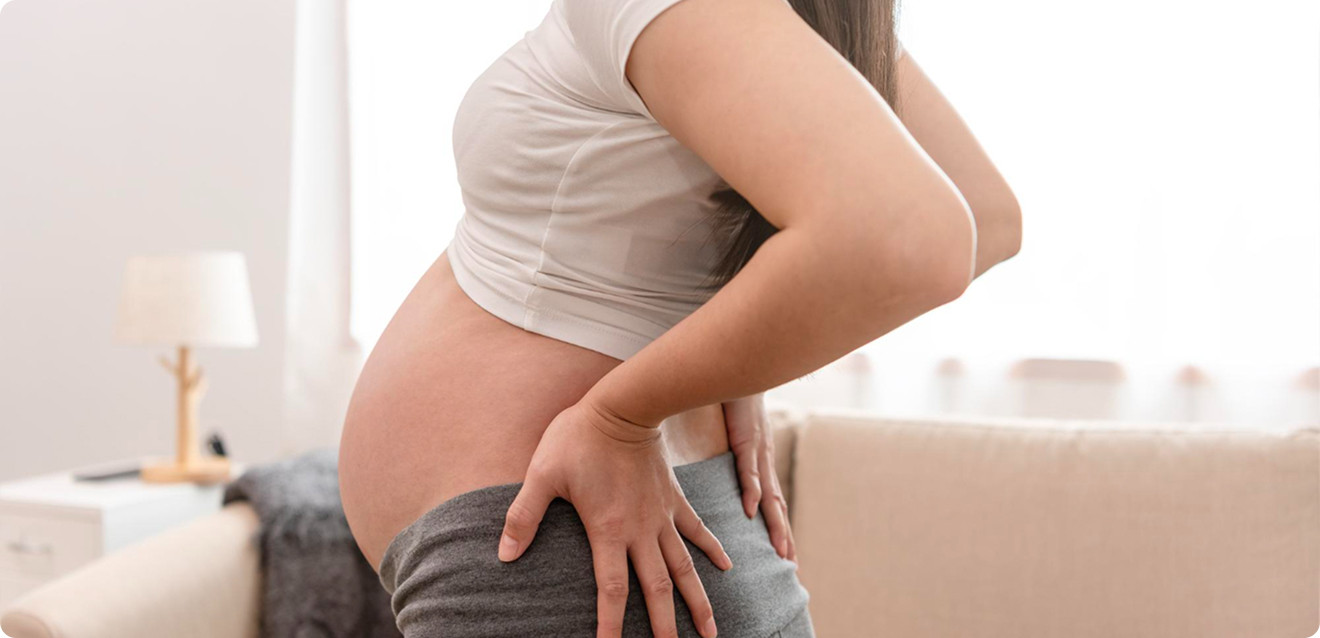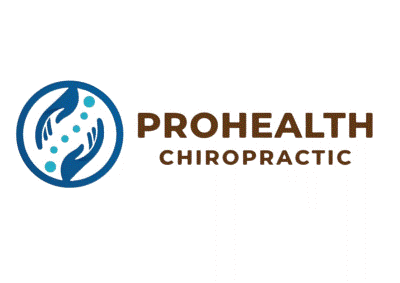service
Midwifery Care

Detail
Postpartum self-care every mother should know.
After giving birth, mothers often feel relieved that the delivery went well, but may also have concerns about the physical changes from pregnancy and childbirth. Typically, a mother's body returns to normal within 6–8 weeks, and any wounds from childbirth heal during this time as well. With proper understanding and good self-care after childbirth, everything can go more smoothly. Postpartum care involves several aspects, as follows:
Mental health.
In the postpartum period, a mother’s hormone levels change rapidly. Combined with adapting to a new role, fatigue from childbirth, concerns about her body image, and the demands of childcare, these can lead to stress, irritability, or unexplained sadness, a condition known as "postpartum depression." Therefore, the father or close family members play a crucial role. By sharing childcare responsibilities and helping with household chores, they can help the mother improve her mental well-being, feel confident, and feel fully loved.
1.Postpartum blue Caused by changes in hormone levels, especially in new mothers who are still adjusting after childbirth, this condition is characterized by irritability, sadness, tearfulness, mood swings, fatigue, insomnia, and worries about the baby. These symptoms usually appear around 5 days after giving birth and typically resolve on their own within 2 weeks, depending on each individual mother. During this time, emotional support and close care from loved ones can help improve the mother's condition without the need for medical treatment.
2.Postpartum depression It is caused by moderate to severe mood disorders after childbirth, with symptoms such as insomnia, loss of appetite, frequent crying, emotional sensitivity, irritability, loss of bonding with the baby, or sometimes thoughts of self-harm or harming the baby. Mothers who are emotionally sensitive, have family members with depression, are under stress, or have a history of emotional disorders are more likely to develop postpartum depression. Symptoms can last from 2 weeks to several months or even a year. Proper treatment is necessary, such as therapy with a clinical psychologist to understand the symptoms and how to cope. Family support and care are also important to help the mother’s condition improve.
Physical care.
1.Wound care.
Episiotomy wound: Normally, doctors use dissolvable sutures, and the wound will heal in about 7 days. However, it may feel sore for around 2 weeks. To clean the area, use water and soap, washing from front to back, and dry it immediately. Sanitary pads should be changed frequently. Do not douche or bathe in a tub. For mothers with hemorrhoids, if there is pain, you may apply an ice pack, use creams or suppositories as prescribed by a doctor, drink water, and consume high-fiber fruits and vegetables to reduce constipation.
C-section wound: The doctor will use dissolvable sutures, so stitches do not need to be removed. The wound will be covered with a waterproof plaster, and the mother can take a shower. However, if water seeps into the wound, the plaster should be changed immediately. The wound will usually heal in about 7 days. If there is pain when moving, the mother may use an abdominal binder for support, which can help provide more comfort.
2. Lochia
Lochia is tissue and blood that flows out from the uterine cavity after childbirth, caused by the shedding of the placenta. Lochia will be expelled from the uterus, and during the first 3-4 days after childbirth, it will be abundant and bright red. Mothers should use sanitary pads. The duration of lochia varies from 2-6 weeks, but on average, it lasts about 3 weeks. It is important to clean the area with water and soap every time after urination or defecation and change the sanitary pad frequently.
3. Uterine Recovery
During pregnancy, the uterus expands beyond its normal size, but after childbirth, the uterus gradually contracts back to its normal size and returns to the pelvic cavity. This process is commonly referred to as "uterus returning to normal" and takes about 4-6 weeks. If there is uterine pain, you can take pain medication.
4. Breast Care
Generally, mothers will experience breast enlargement and engorgement on the 2nd-3rd day postpartum, which occurs when the milk-producing glands start producing milk. When showering, avoid using soap on the areola to preserve the natural oils produced by the skin, which helps reduce pain during breastfeeding. If you experience breast engorgement without milk flow, use a cold compress on the breast and take pain medication as prescribed. Encourage the baby to breastfeed often to stimulate milk production. If milk has already started to flow, use a warm compress on the breast before breastfeeding to improve blood circulation in the breast. Clean the nipples and areola with cotton soaked in boiled water every time before and after feeding.
5. Nutrition
Postpartum mothers should continue to consume a balanced diet with all five food groups, as during pregnancy, as the body requires energy to recover and produce milk for the baby. Focus on eating vegetables, fruits, meat, eggs, and milk. Reduce the intake of carbohydrates, fats, and fermented foods. Avoid beverages such as tea, coffee, carbonated drinks, and alcoholic beverages. Consult your doctor before taking any medications, as some medications may be secreted in breast milk, especially during the first week postpartum.
6. Rest
While recovering in the hospital, mothers usually get sufficient rest. However, after returning home, parents will need to adjust to a new lifestyle, taking care of themselves, their baby, and the household. Therefore, it's important to allocate time appropriately, such as washing baby clothes and items once a day. Take naps while the baby is asleep to avoid exhaustion and fatigue.
7. Activities Mothers "Should Not Do" in the First 6 Weeks Postpartum
- Do not lift objects heavier than the baby.
- Do not strain excessively or for a prolonged period.
- Avoid frequent stair climbing.
- Avoid unnecessary driving.
- Avoid strenuous exercise, only light exercises are recommended.
8. Sexual Activity
Mothers may experience a decrease in sexual desire due to fatigue, anxiety, and physical discomfort or pain. Therefore, it is recommended to avoid sexual activity for the first 4-6 weeks postpartum or until after a postpartum check-up and family planning consultation.
9. Postpartum Check-up
The doctor will schedule a postpartum health check-up 4-6 weeks after childbirth, including:
- General health check.
- Examination of the cervix, pelvic organs, or C-section wound (if applicable).
- Cervical cancer screening.
- Family planning advice and appropriate postpartum contraception options.
- Postpartum complications that require immediate medical attention:
- Unexplained high fever.
- Foul-smelling lochia or bright red lochia lasting 15 days postpartum.
- Lower abdominal pain, burning sensation, or pain during urination.
- Severe headache.
- Swollen, red, inflamed, or cracked nipples.
- Swelling, redness, or pus at the episiotomy or C-section wound site.
All of these are postpartum conditions that may occur. Mothers should always observe any unusual changes in their body and emotions. If any postpartum mother experiences unusual symptoms or if they persist for a prolonged period, it is advisable to consult a doctor immediately.




